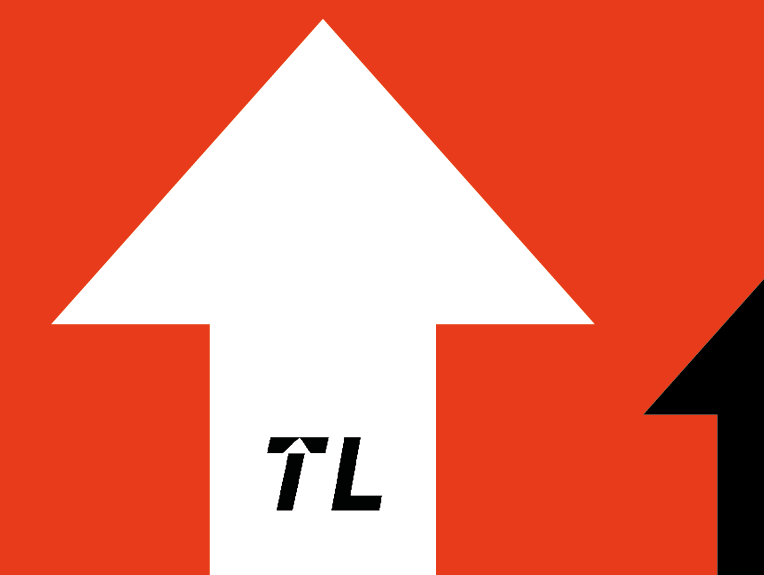T Levels are two-year qualifications you can take after GCSEs, designed to give you a head start in your chosen career and get you workplace ready.
SUPPORTING YOUR STUDIES
If you’re looking for a college course taught with more personalised teaching, Crawley College may be the place for you.

Equivalent to 3 A-Levels
T Levels focus on vocational skills and can help students into skilled employment, higher study or apprenticeships.

A 45-day industry placement
Each T Level includes an in-depth industry placement lasting a minimum of 45 days. It is a great opportunity to gain real-world experience in the workplace, helping you build skills and confidence. At the same time, employers get a first look at emerging talent in their sector – like you.

80% Classroom, 20% Work
T Levels are designed to support your journey from school to college and beyond. You’ll spend 80% of your time learning in the classroom and 20% gaining hands-on experience through a meaningful industry placement.
T LEVEL FAQs
T Levels are a great choice if you:
- Are a 16–19-year-old aspiring to achieve an advanced level of technical excellence in your chosen career.
- Value the opportunity to develop your skills and knowledge, both in the classroom and the workplace
- Are keen to start experiencing the world of work and develop your employability skills
T Level courses will include the following compulsory elements:
A technical qualification, which will include
- core theory, concepts and skills for an industry area
- specialist skills and knowledge for an occupation or career
- an industry placement with an employer
- a minimum standard in maths and English if students have not already achieved them
Industry placements
Every T Level will include an industry placement with an employer focused on developing the practical and technical skills required for the occupation. These will last a minimum of 315 hours (approximately 45 days) but can last longer – for instance, industry placements for the Education & Early Years pathway are 750 hours (approximately 107 days). Employers can offer industry placements as a block, day release or a mix of these, and can discuss sharing part of the placement with another employer if necessary.
Providers will support employers offering industry placements. This will include assistance with the necessary paperwork, a careful planning process and support with designing the industry placement.
The sky is the limit! When you complete your T Level, you’ll have lots of opportunities including:
- Employment in a skilled occupation
- Higher or degree level apprenticeships
- Higher level study, including university
A minimum of 5 GCSEs including maths & English grades 9-4 (A*-C).
For students who want to study a T Level but currently don’t have the entry requirements can enrol on a T Level Foundation Year course.
These T Level Foundation Year courses focus on the following five core components:
Diagnostic and guidance period
To assess students’ capability and support needs in order to tailor their T Level Foundation Year course to address these needs. This also helps students to decide which T Level they want to prepare for.
English and maths
For students who do not hold at least a GCSE grade 4 in English and/or Maths and are required to continue studying as per the condition of funding.
Work experience and preparation
To develop the skills, behaviours, attitude and confidence that will be needed to complete the T Level industry placement.
Introductory technical skills
Introductory skills and concepts to prepare students for the T Level route they wish to progress to.
Pastoral support and personal development
Relevant and meaningful support to address barriers to education, support emotional and/or mental health difficulties and support the development of study skills, and reflective and resilience skills.
If you have any questions, get in touch. You can email us at T-Levels@chigroup.ac.uk or call 01243 786321 extension 2722.
That’s great! Employers are essential to the success of our T Level programmes and we’d love to speak to you.
Please visit our T Levels for Employers page for more information about becoming a T Level Employer.








